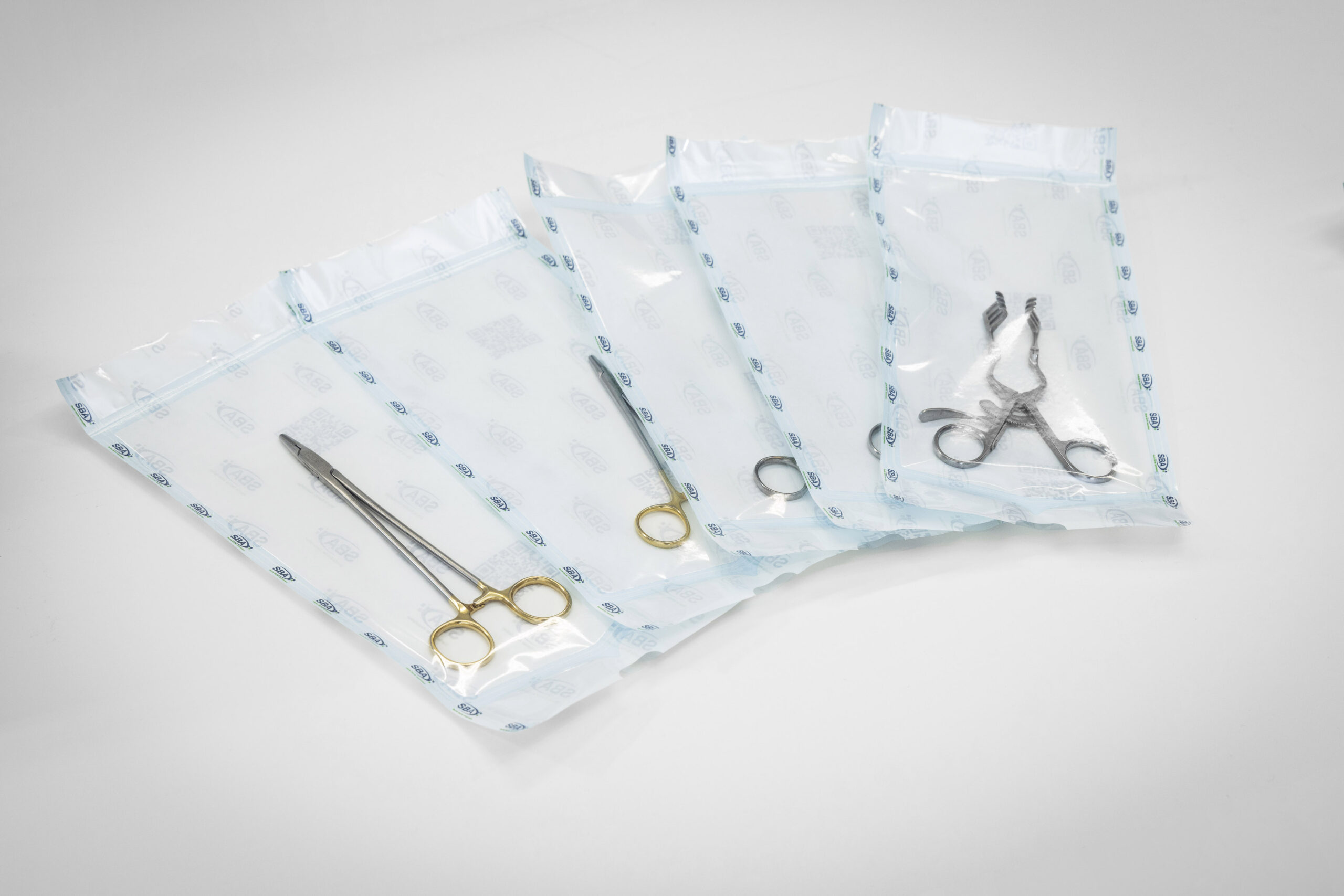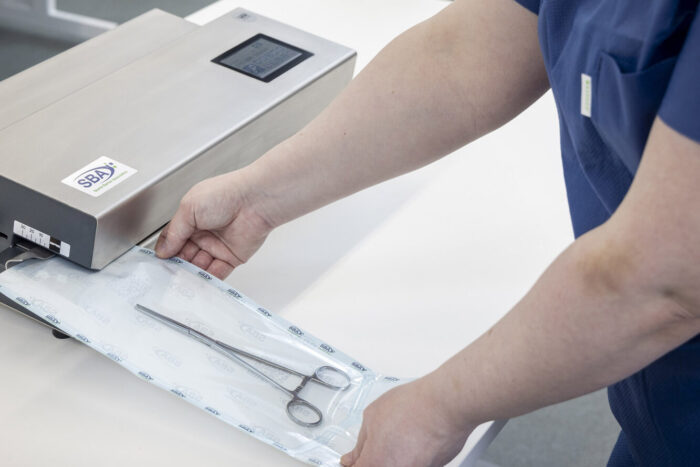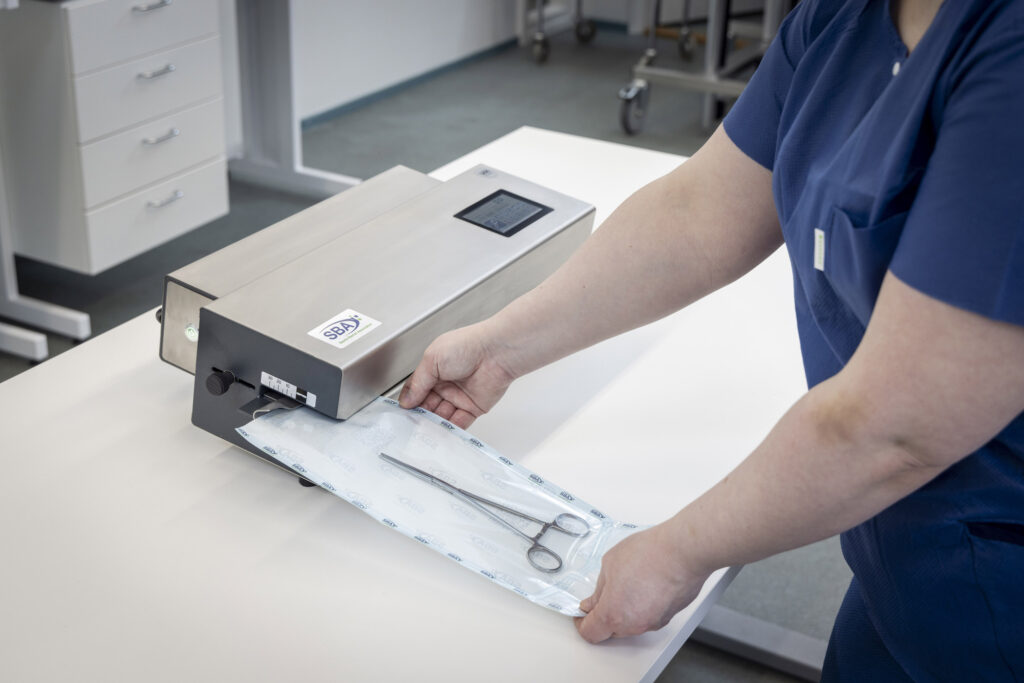




Infection prevention and control affects all aspects of healthcare, including medical devices and device packaging. Sterile Barrier Systems (SBS) and their correct use provide a practical way to protect patients from avoidable infections and they are essential for the safe use of medical devices.
Sterile barrier systems (SBS) are a type of packaging that is specifically designed to allow medical devices to be sterilised and to protect those devices from contamination and keep them sterile until they are used. SBS are regulated by the international standard EN ISO 11607 2:2019, which defines a sterile barrier system (SBS) as the “minimum package that minimizes the risk of ingress of microorganisms and allows aseptic presentation of the sterile contents at the point of use.”




A Healthcare Associated Infection (HAI) is an infection that is acquired by a patient after they arrive at a healthcare facility, such as a hospital or clinic.
Since patients in hospitals will already have health issues, HAIs are clearly a risk to patient safety and wellbeing. They are major issue in patient safety, even in countries with well-developed regulatory and healthcare systems. The European Centre for Disease Prevention and Control (ECDC) has estimated that, on average, healthcare associated infections occur in 4.3 million patients a year in the EU, and that 37 000 deaths are caused every year due to such infections. At least 20% of HAIs could be prevented by Infection Prevention and Control (IPC) programmes. Reference: ecdc.europa.euavautuu uuteen ikkunaan (2024)



For this reason, the European Union set up the HAI-netavautuu uuteen ikkunaan initiative to tackle HAIs, with the objective of improving patient safety, and reducing the high economic burden HAIs place on limited health care resources.
The SBA also provides educational materials for health care workers about SBS and how using them correctly can improve patient safety.
